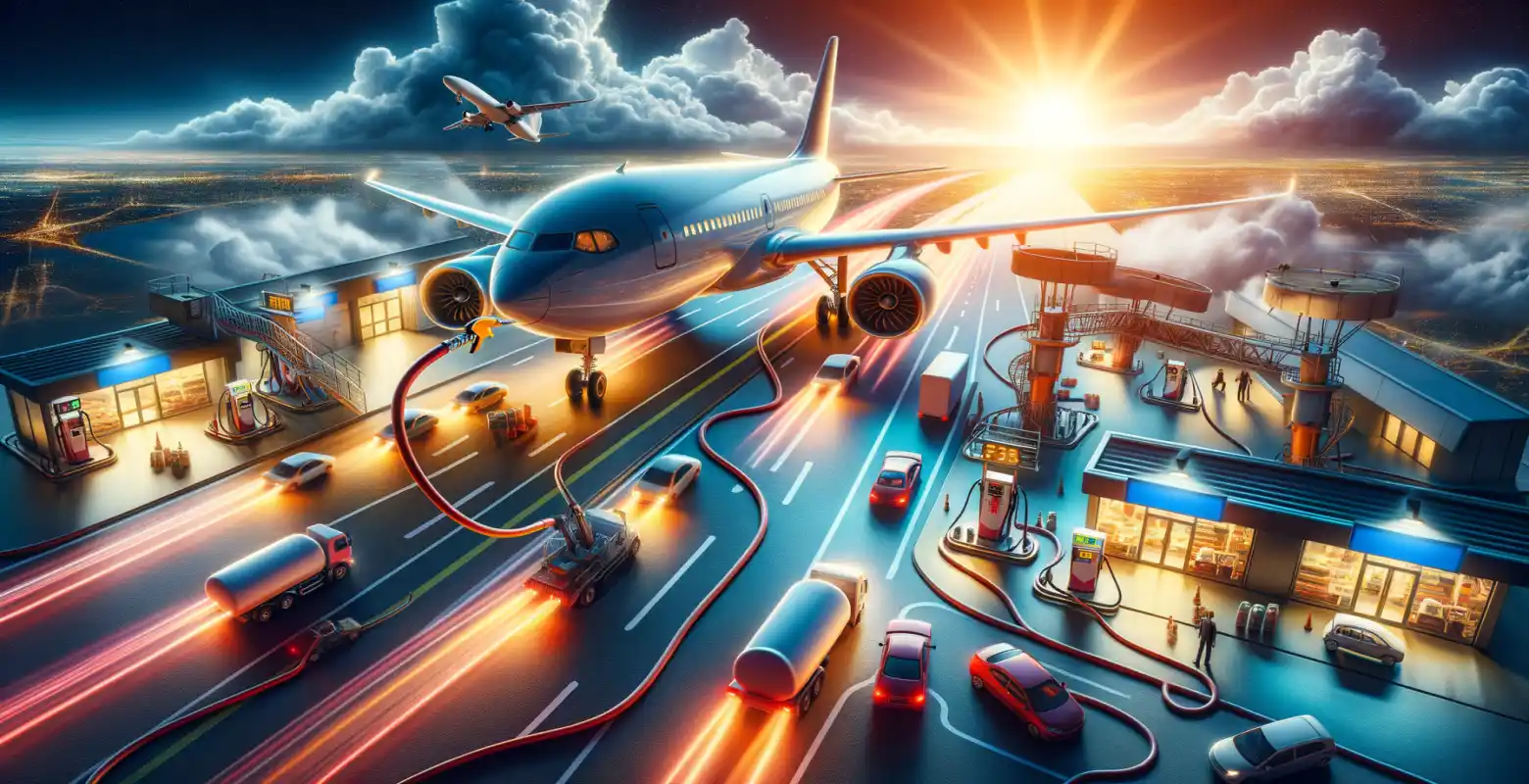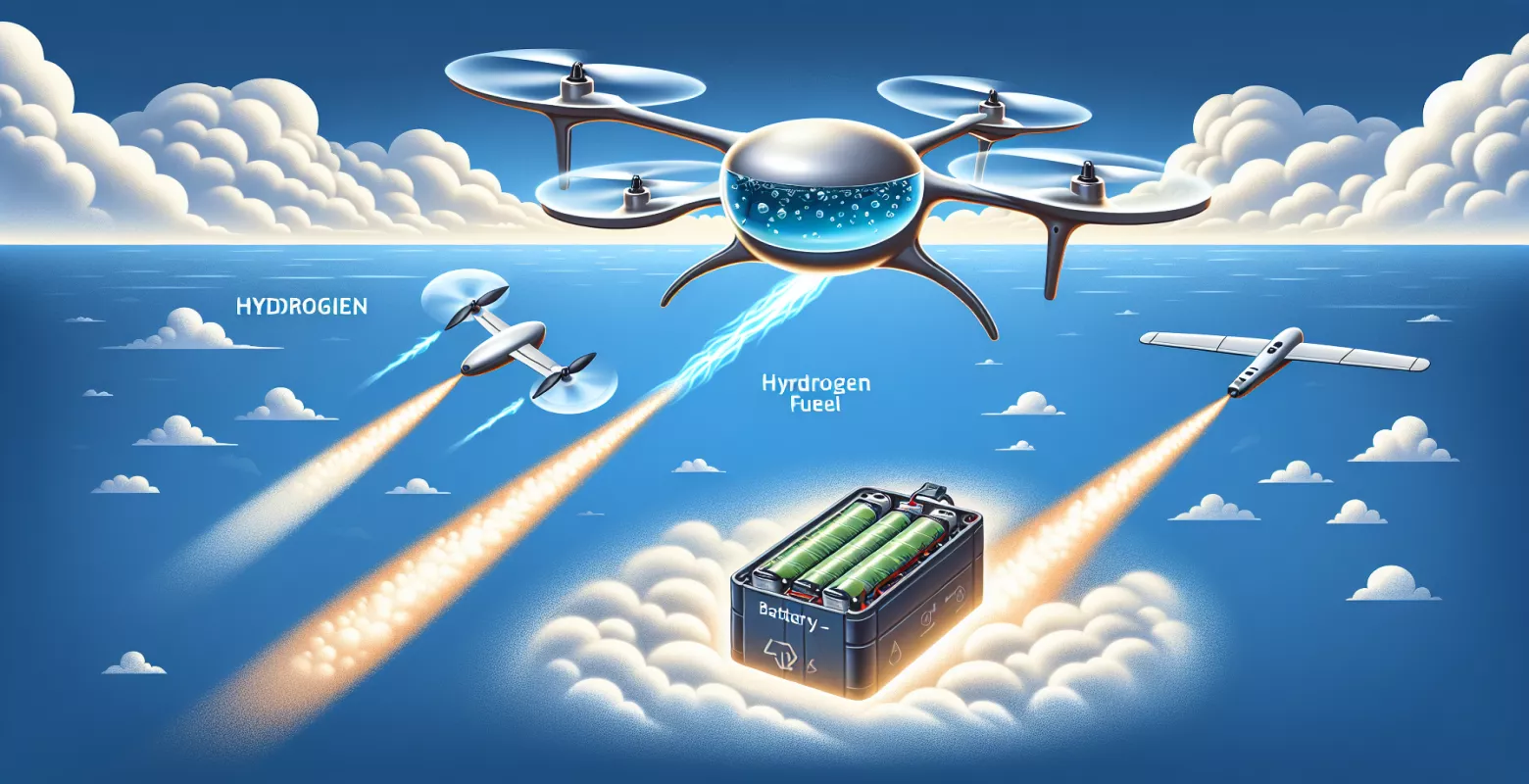The impact of fuel prices on civil aviation - how do airlines cope with it?
Introduction
Fuel prices play a crucial role in the functioning of civil aviation, affecting airlines' operational costs, ticket prices, and ultimately travelers' decisions. The increase in fuel prices in recent years has become one of the main challenges for airlines worldwide. Understanding how airlines are dealing with this problem is important for both passengers and those interested in the aviation market. In this post, we will take a closer look at the impact of fuel prices on civil aviation and the strategies airlines employ to minimize its effects.
The significance of fuel in civil aviation
Aviation fuel is one of the largest components of airlines' operational costs, often exceeding 20-30% of total expenses. Therefore, fuel price increases can significantly impact carriers' profitability. Effective fuel cost management is crucial for maintaining competitiveness in the market and the financial stability of airlines.
In the past, fuel prices were relatively stable, allowing carriers to plan budgets with greater certainty. However, in recent decades, due to global geopolitical tensions, climate change, and fluctuations in commodity markets, fuel prices have become more variable.
Airlines' strategies in the face of rising fuel prices
Fuel price hedging
One of the most commonly used strategies by airlines is fuel hedging, which involves pre-purchasing fuel at a fixed price, protecting carriers from sudden cost increases. This allows airlines to better plan their finances and maintain ticket price stability.
Fleet and route optimization
Airlines invest in modern, more fuel-efficient aircraft, such as the Boeing 787 Dreamliner or Airbus A350. Route optimization, including avoiding airport congestion and choosing more economical flight altitudes, also contributes to fuel consumption reduction.
Operational practices
Pilots are trained in fuel-saving techniques, such as optimal flight speeds or more efficient landing approaches. Additionally, airlines strive to minimize aircraft weight by removing heavy equipment, leading to fuel savings.
Impact of fuel prices on ticket prices and consumer behavior
Rising fuel prices often lead to ticket price increases, which can affect demand for air travel. Passengers, seeing higher prices, may opt for alternative means of transportation or forego travel. Therefore, airlines must find a balance between maintaining competitive prices and covering rising operational costs.
In response to dynamic changes in ticket prices, some airlines introduce more flexible fares, promoting early bookings or offering discounts on flights during off-peak times.
Challenges and future trends in fuel cost management
Transition to alternative energy sources
Increasing interest in sustainable development encourages airlines to invest in research on biofuels and hybrid technologies. Although these are currently experimental solutions, they may significantly reduce dependence on traditional fossil fuels in the future.
Impact of regulations and environmental policies
Increasingly stringent CO2 emission regulations pose additional challenges for airlines. On the one hand, they are forced to invest in more eco-friendly technologies, and on the other hand, they may face additional charges related to emissions, which will also impact their operational costs.
Summary
The impact of fuel prices on civil aviation is an inherent element of this industry's operation. Faced with challenges related to rising costs, airlines must take various actions to maintain their competitiveness and profitability. Hedges, investments in modern technologies, and operational optimization are just some of the tools that help them survive in a changing economic environment. In the future, the development of alternative energy sources and regulatory changes may revolutionize how airlines manage their fuel costs. Therefore, both the aviation industry and passengers must be prepared for these changes, which can affect the entire aviation transport sector.







Number of comments: 0